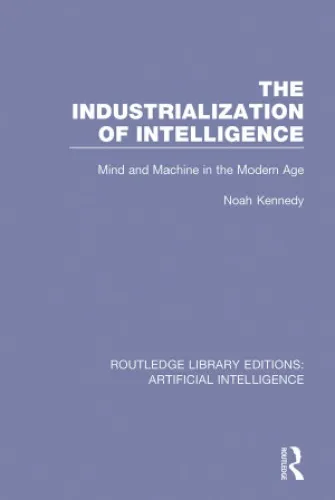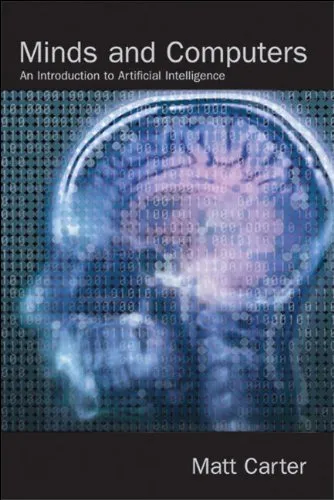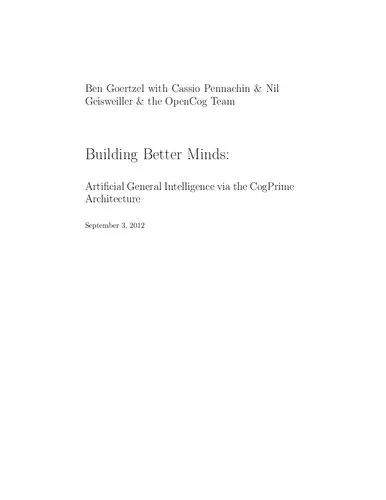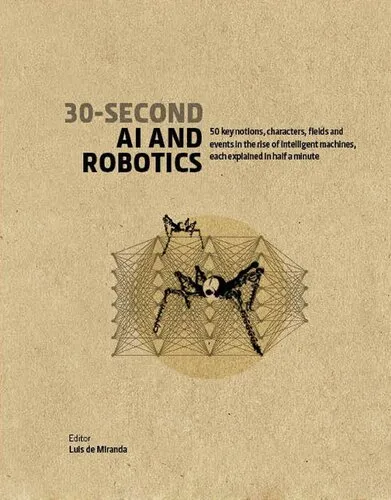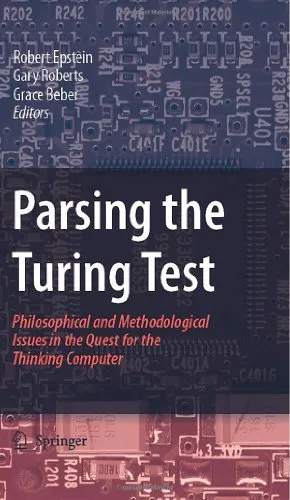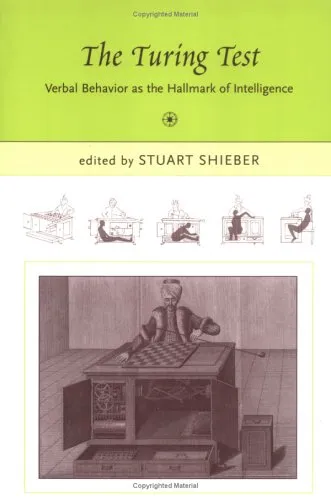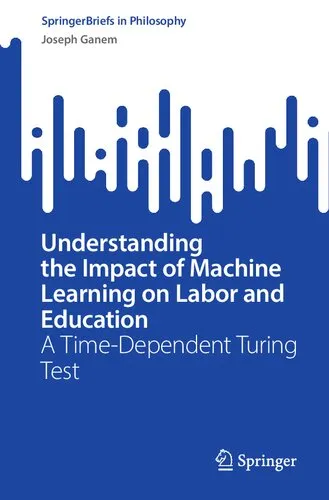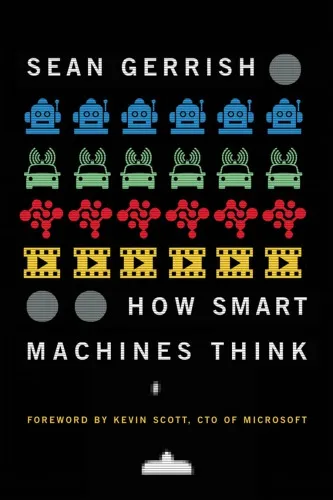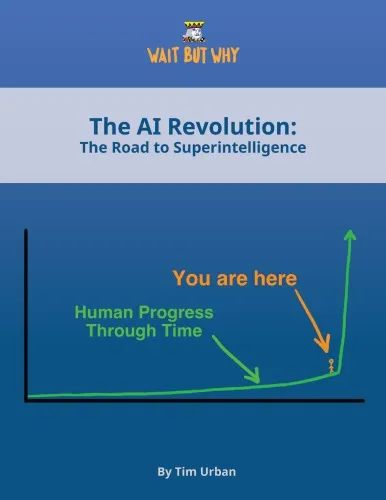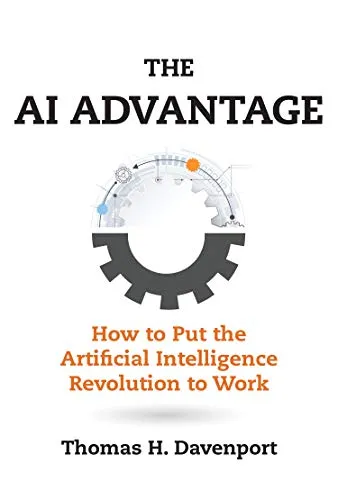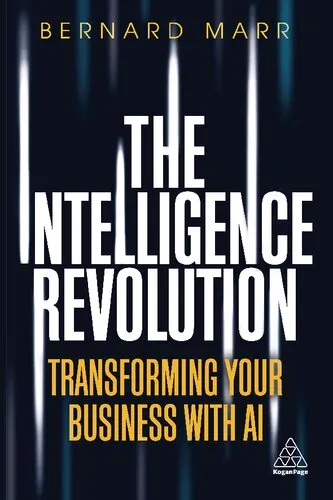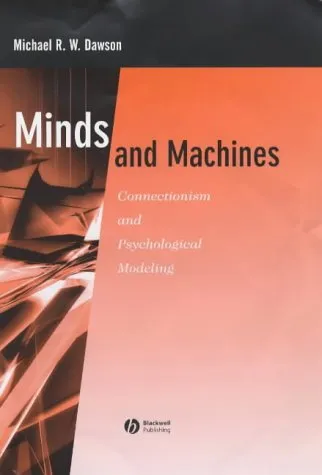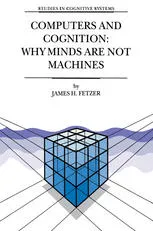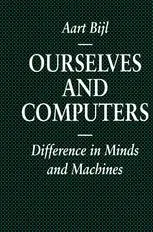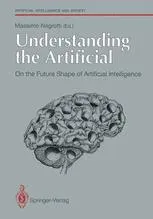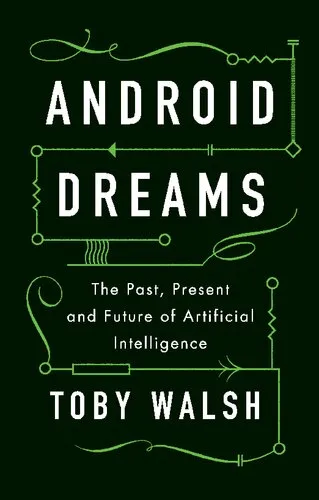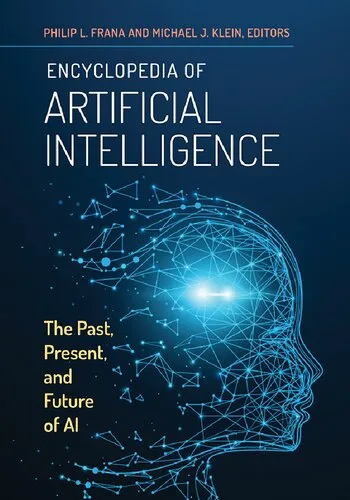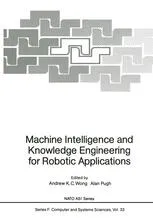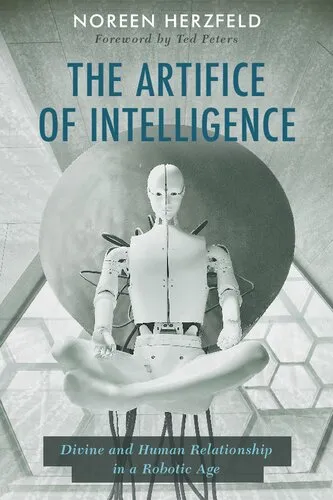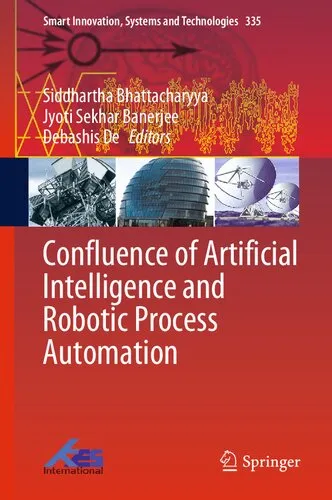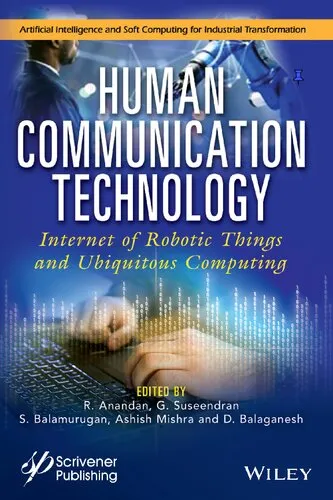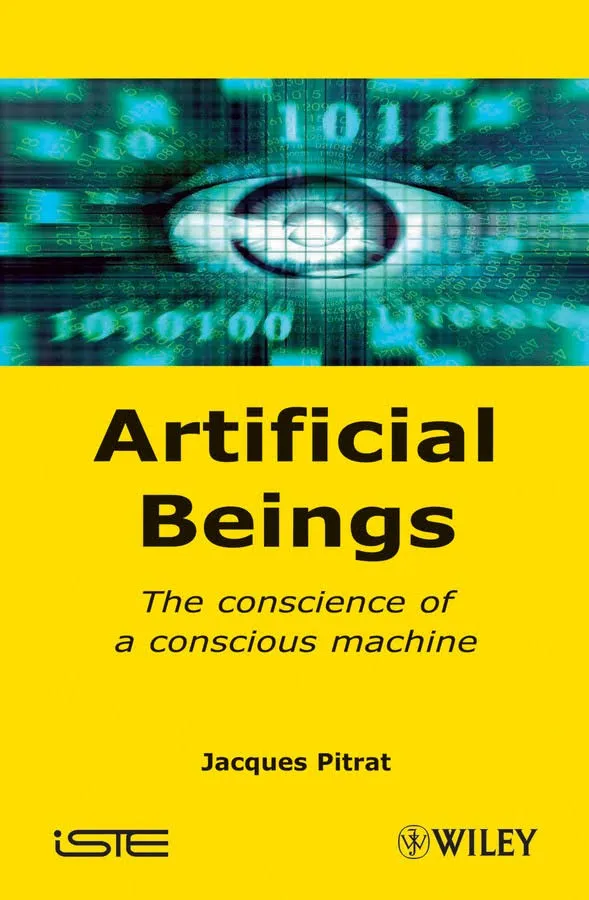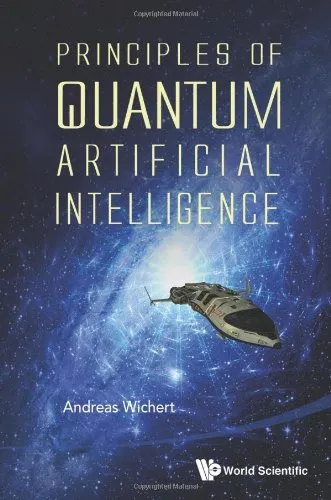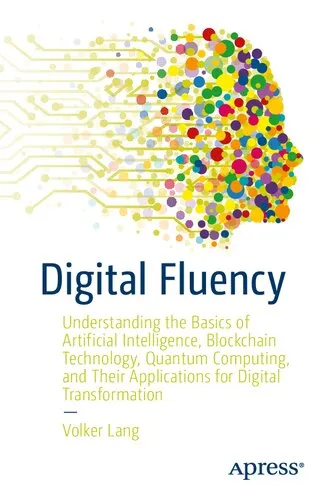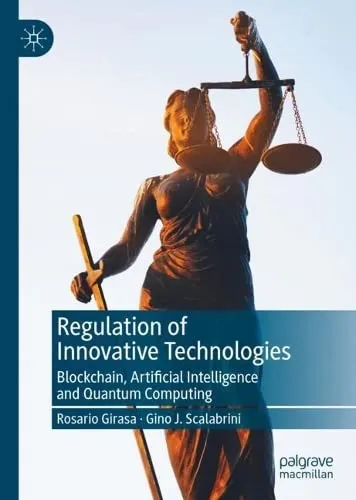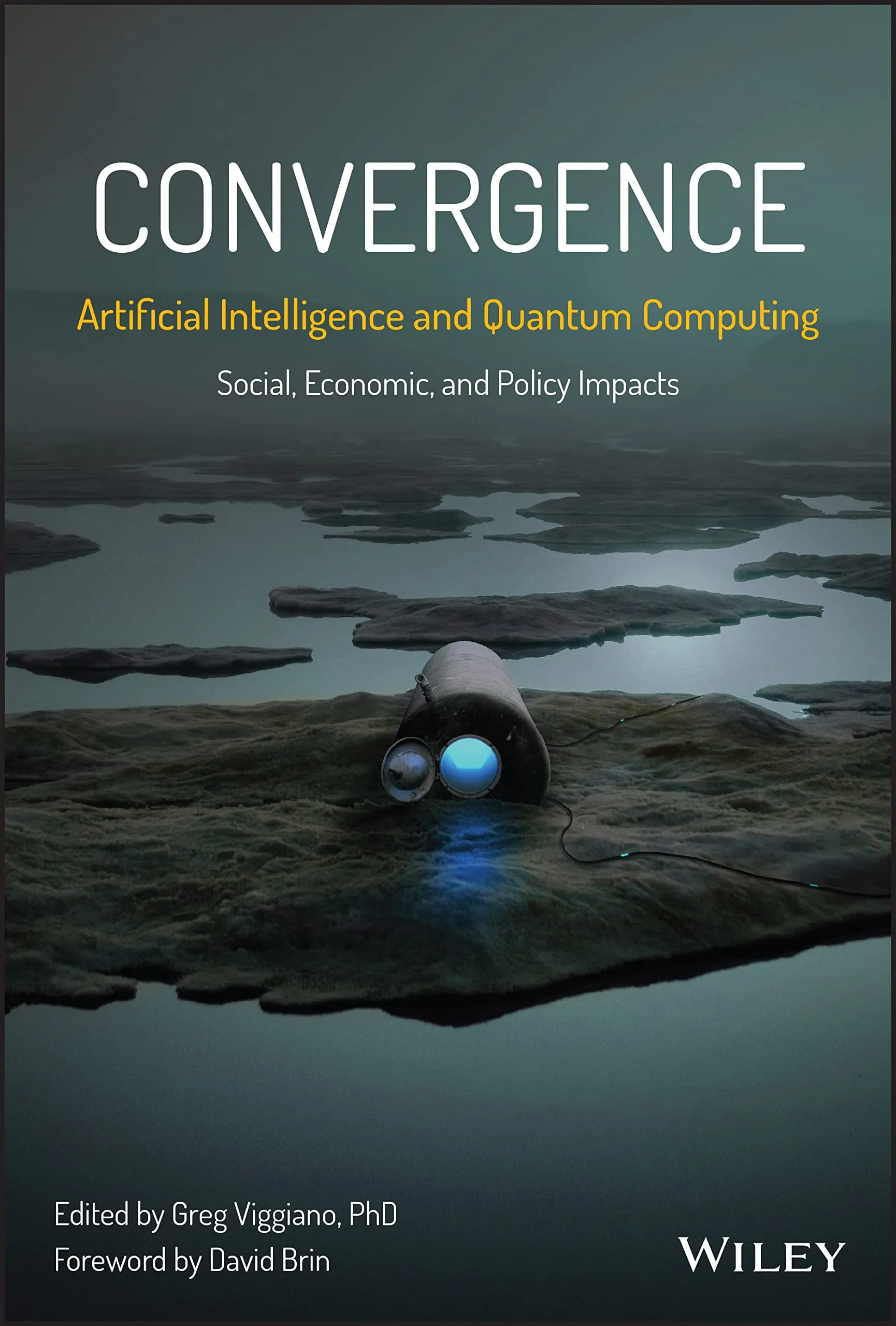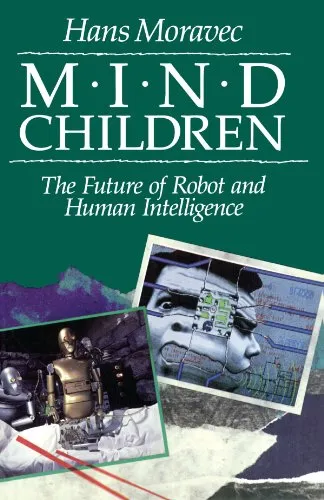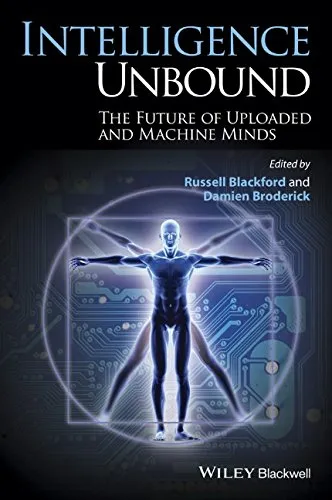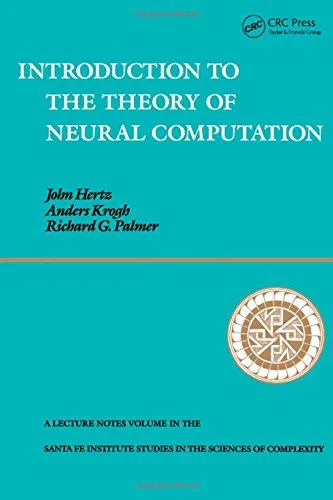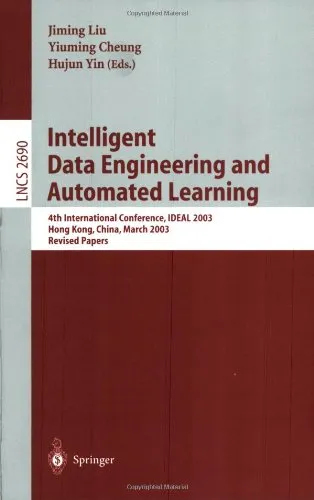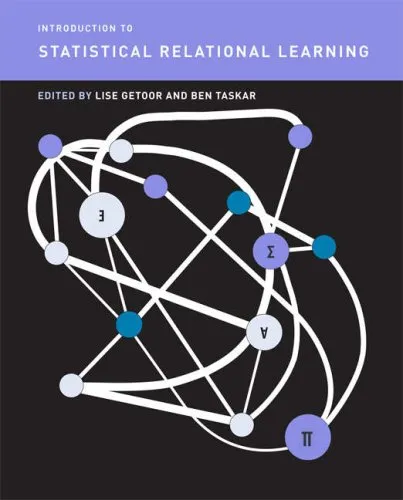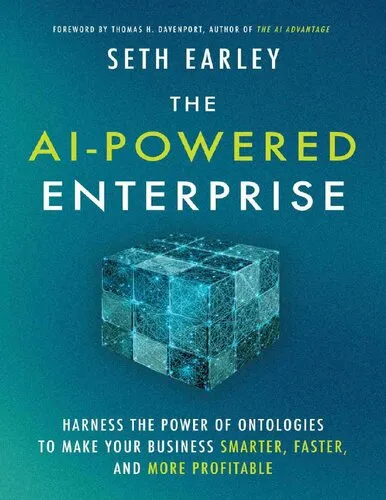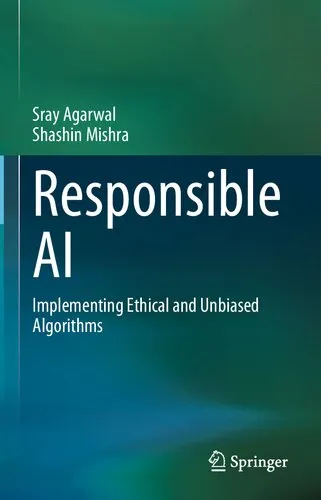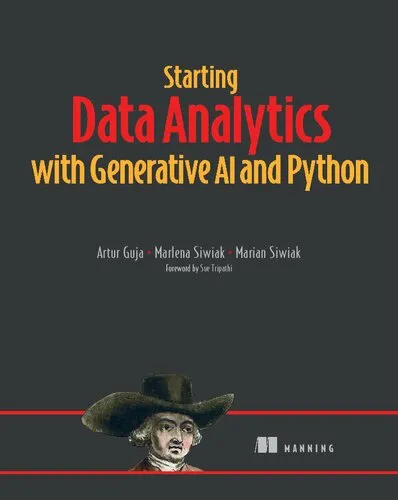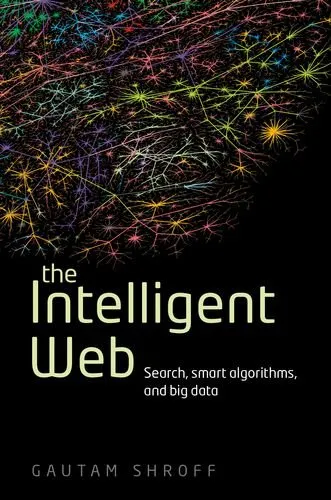Artificial Intelligence: A Guide to Intelligent Systems
4.1
Reviews from our users

You Can Ask your questions from this book's AI after Login
Each download or ask from book AI costs 2 points. To earn more free points, please visit the Points Guide Page and complete some valuable actions.Related Refrences:
Introduction
Welcome to 'Artificial Intelligence: A Guide to Intelligent Systems', a comprehensive resource that delves into the intriguing world of artificial intelligence (AI) while making the subject approachable for a wide audience. Designed to cater to both beginners and seasoned professionals, this book serves as a foundational text in understanding intelligent systems and their practical applications in our ever-evolving technological landscape. By focusing on core AI principles, emerging technologies, and practical implementations, this book aims to demystify a field often seen as complex and impenetrable.
A Detailed Summary of the Book
At the heart of 'Artificial Intelligence: A Guide to Intelligent Systems' lies an exploration of what it means for machines to be intelligent. The book opens with an overview of the historical context, tracing how artificial intelligence has evolved over the decades from simple computational models to sophisticated systems capable of mimicking human thought processes. This baseline knowledge sets the stage for deeper dives into specific AI methodologies, such as knowledge representation, problem-solving, and the dynamics of intelligent agents.
Subsequent chapters offer in-depth discussions on neural networks, genetic algorithms, and fuzzy logic, providing readers with a toolkit of techniques applicable across various sectors. Real-world case studies illustrate how these technologies are being employed in fields ranging from healthcare and genetics to robotics and natural language processing.
The book also doesn't shy away from exploring the ethical implications of AI. It presents thoughtful analyses on the debate surrounding the responsibilities of AI developers and practitioners in ensuring technologies are used for the greater good.
Key Takeaways
- Grasp the basic concepts and history of AI to better understand its current and future impact on society.
- Learn about various AI technologies, including neural networks, genetic algorithms, and fuzzy logic, and how they can be applied in practical scenarios.
- Appreciate the ethical considerations and complexities involved in the deployment of intelligent systems.
- Understand the significance of ongoing research and the potential paths AI development might take in the coming years.
Famous Quotes from the Book
“Intelligence is not a fixed quality but a dynamic process; it is this fluidity that allows machines to evolve and improve over time.”
“Ethics in AI is not about restricting progress but about guiding it toward beneficial outcomes for humanity.”
“Embracing AI's capabilities requires a balance of optimism and caution, much like walking a tightrope toward a promising future.”
Why This Book Matters
In an age where artificial intelligence continues to become an integral part of our daily lives, understanding the principles and technologies behind it is crucial. 'Artificial Intelligence: A Guide to Intelligent Systems' stands out as an essential read because it provides a balanced view of the benefits and challenges posed by AI. It is particularly relevant for those looking to navigate the complexities of AI and leverage its potential to solve real-world problems.
Moreover, this book's importance lies in its ability to influence policy makers, educators, and technologists by arming them with knowledge about AI's potential and its impact. In fostering a deeper understanding, readers are better equipped to participate in meaningful discussions about the future of technology in society and to advocate for responsible AI development.
Free Direct Download
You Can Download this book after Login
Accessing books through legal platforms and public libraries not only supports the rights of authors and publishers but also contributes to the sustainability of reading culture. Before downloading, please take a moment to consider these options.
Find this book on other platforms:
WorldCat helps you find books in libraries worldwide.
See ratings, reviews, and discussions on Goodreads.
Find and buy rare or used books on AbeBooks.
1678
بازدید4.1
امتیاز0
نظر98%
رضایتReviews:
4.1
Based on 0 users review
Questions & Answers
Ask questions about this book or help others by answering
No questions yet. Be the first to ask!


